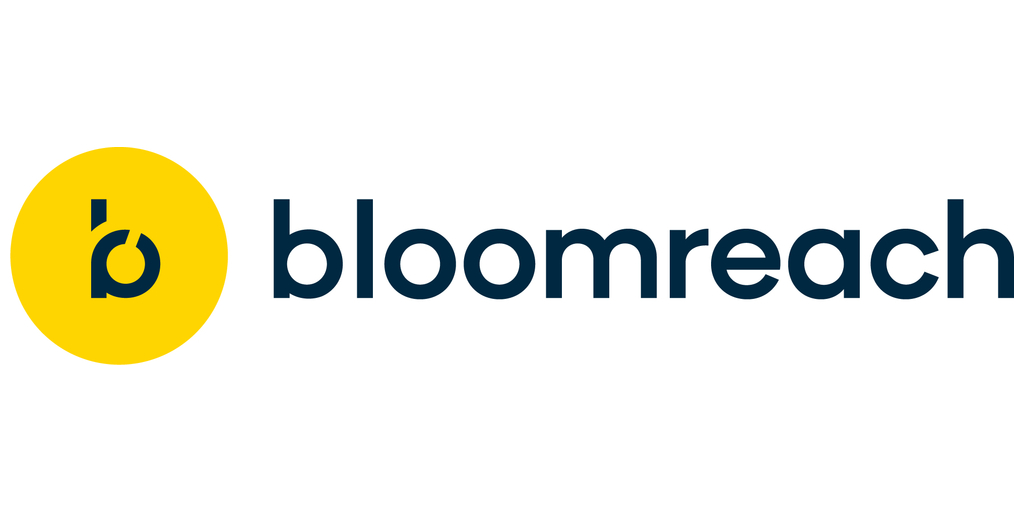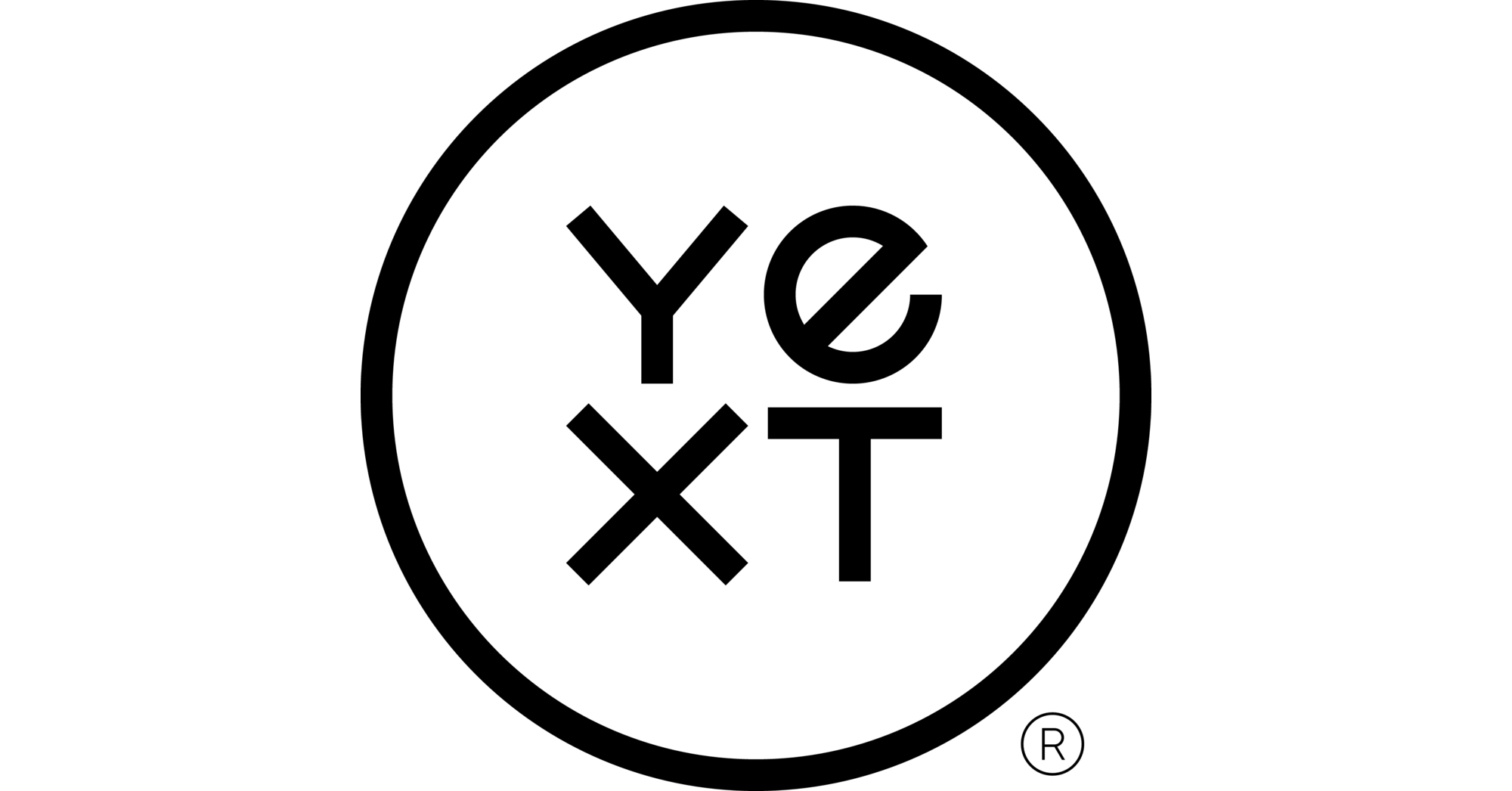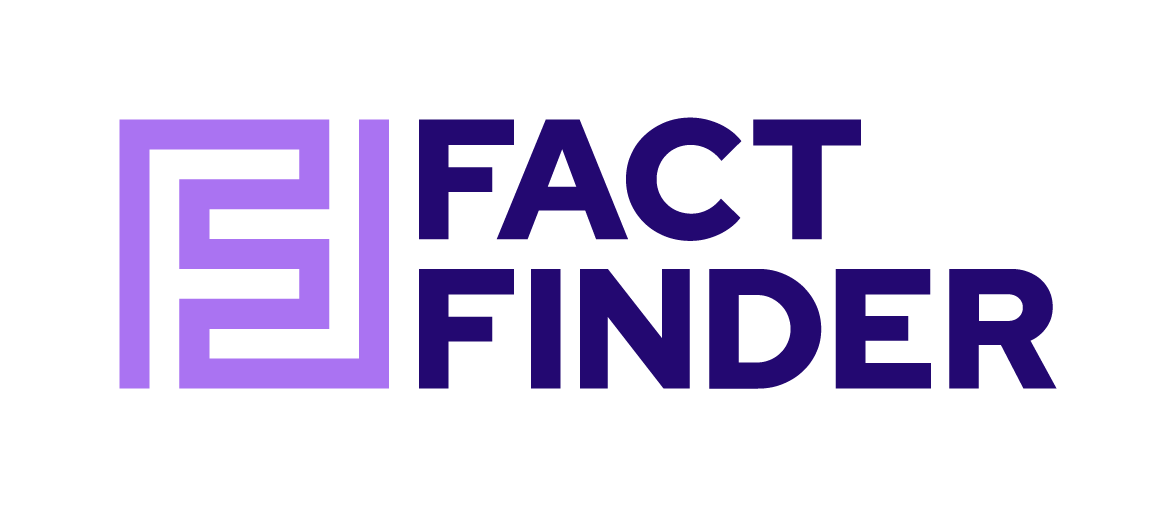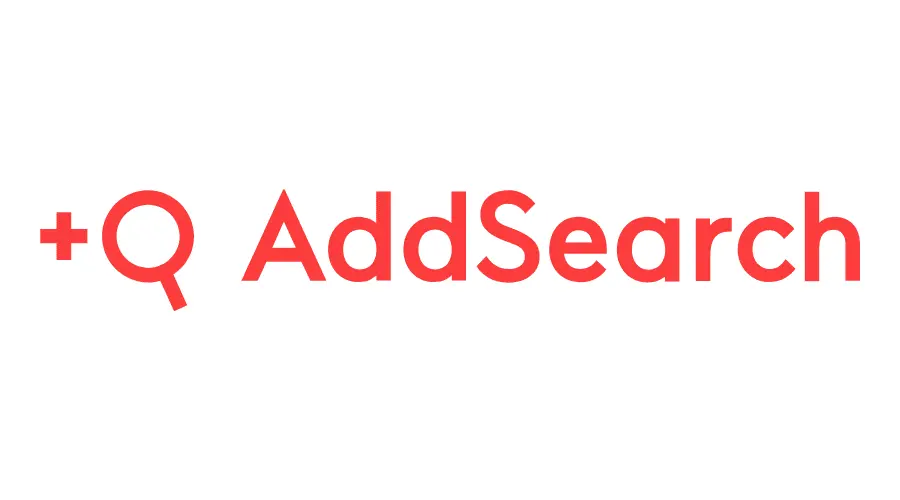What is Algolia?
Algolia is a search-as-a-service platform. It’s like having a powerful search engine that you can integrate into your website or mobile application. Algolia can handle different types of searches including full-text, numerical, and faceted search. One of the key features of Algolia is its speed – it is designed to provide real-time results from the moment you start typing.
Algolia uses Artificial Intelligence to understand users better and provide them with the most relevant search results. It’s a trusted service used by thousands of businesses worldwide, handling over 1.7 trillion searches annually. Regarding security and compliance, Algolia meets various standards including SAML, SOC3, ISO27001, HIPAA, C5, and MACH Alliance.
Key Features
Algolia is a hosted search engine that offers various features to enhance the search experience on your websites and mobile applications. Here are some key features of Algolia:
Global Language Support: Algolia supports many languages, including Chinese, Japanese, Korean, Hebrew, and Arabic. Both Left-to-Right (LTR) and Right-to-Left (RTL) scripts are supported.
Typo-Tolerance: Even if a user makes a typo while searching, Algolia can still provide relevant results. It is designed to handle common mistakes.
Highlighting and Snippeting: Each search response contains one or more highlighted results, showing which section and words matched the user’s query.
Faceting: Faceting allows users to refine their search results by categorizing them. For example, on an e-commerce site, users can refine their search results by categories like size, color, brand, etc.
Synonyms: Algolia can treat different words or expressions as the same. For example, it can be configured to treat “sneakers” and “running shoes” as synonyms.
Advanced language processing: Algolia has several options for handling language-specific features like plurals, stop words (common words like ‘the’, ‘is’, etc.), and more.
Geo-awareness: Algolia can prioritize search results based on the user’s location. This is particularly useful for services like food delivery or e-commerce.
Multiple sorting strategies: Users can sort their search results according to their preferences. For example, an e-commerce site can allow users to sort products by price or customer ratings.
Grouping and deduplication: Algolia can group similar results or remove duplicate results based on a specific attribute.
Personalization: Algolia can tailor search results based on individual user behavior, providing a personalized search experience.
Drawbacks of Algolia
Algolia is a powerful search engine, but like any technology, it has its drawbacks. Here are some that have been noted:
Limited Search: Algolia is not a full-text search engine like Google. It searches for a sub-string in a pre-defined list of expressions in the dictionary. This means if the exact sub-string isn’t in the dictionary, Algolia might not return any results or might return irrelevant results.
Relevance: The relevance of search results in Algolia is based on a static dictionary, not on the dynamic ranking algorithms used by full-fledged search engines. This could lead to less relevant results in some cases.
Documentation: Some developers have found Algolia’s documentation to be lacking or unclear. This can make it harder to implement and use effectively.
Cost: Algolia’s pricing model is not as flexible as some other services like Firebase. You either use the free account or pay a fixed amount, regardless of how much you actually use the service.
Errors: There have been instances where Algolia has reported internal errors that were actually caused by the user’s implementation. This can lead to confusion and wasted time troubleshooting.
Marketing Practices: Some users have expressed dissatisfaction with the way Algolia markets its services. This could be a concern if you prefer straightforward, transparent marketing practices.
These are potential drawbacks and may not affect all users. The impact of these issues can vary depending on your specific use case and requirements. It is always a good idea to thoroughly evaluate any technology before deciding to use it.
How does Algolia Work?
Algolia is a hosted search engine capable of delivering real-time results from the first keystroke. The process begins with data ingestion where you send your data to Algolia in a proper format. This data is then processed by the Algolia search engine, which was designed to ensure speed at every point in the processing workflow. It uses a tie-breaking algorithm with a variety of criteria to weigh and compare matching items against each other.
The main goal of Algolia is to find all records that match a query and then order them with the best ones appearing first. The thoughts and criteria that Algolia uses to find and rank records are available for your scrutiny, ensuring transparency in the process.
Algolia provides an end-to-end search solution, giving you everything you need to build an as-you-type search experience with instant results. Its powerful API lets you seamlessly implement search within your websites, mobile, and voice applications. Algolia powers billions of queries for thousands of companies every month, delivering relevant results in under 100 ms anywhere in the world. It also uses machine learning to offer AI-powered search, discovery, and recommendations. This makes Algolia a comprehensive solution for all your search needs.
History of Algolia
Algolia is a proprietary search-as-a-service platform designed for use cases that require high-quality and relevant searches. Here is a brief history of Algolia:
Algolia is a search-as-a-service platform that was founded by Nicolas Dessaigne and Julien Lemoine on October 10, 2012. The company, which originated in Paris, France, initially focused on providing offline search on mobile phones. It was selected to be part of Y Combinator’s Winter 2014 class, which marked a significant milestone in its journey.
Algolia began its expansion with two data centers in Europe and the US and opened a third center in Singapore in March 2014. As of 2019, it claimed to have a presence in over 70 data centers across 16 worldwide regions. The company serves more than 11,000 customers and handles 60 billion user queries per month.
In terms of funding, Algolia received $18.3M in a series A investment from a financial group led by Accel Partners in May 2015. This was followed by a $53M series B investment in 2017, also led by Accel Partners. In July 2021, Algolia raised a $150 million Series D funding round and achieved a valuation of $2.25 billion, earning it the status of a ‘unicorn’.
In January 2021, Algolia acquired the Romanian AI and machine learning startup MorphL. The company’s business model revolves around providing search as a service, offering web search across a client’s website using an externally hosted search engine. This has made Algolia a key player in the field of search-as-a-service platforms.
Competitors of Algolia
Algolia has several competitors in the market. Here are some of them:
Bloomreach
Bloomreach and Algolia are both significant players in the search and discovery solutions market. Bloomreach is a digital experience e-commerce platform (DXP), where search is just one part of what they offer. It’s built specifically for e-commerce. On the other hand, Algolia is an API-first end-to-end AI Search & Discovery Platform. It’s designed for multiple use cases beyond e-commerce, such as customer support and marketplace.
When it comes to search capabilities, Algolia is known for its lightning-fast search capabilities, delivering highly relevant results in milliseconds. It offers real-time indexing, ensuring that new or updated content is immediately searchable. Bloomreach also offers powerful search functionality, but its focus extends beyond search. It incorporates features like faceted search, filtering, and sorting to enhance navigation.
In terms of personalization, Algolia provides personalized search results based on user behavior and preferences. However, its personalization capabilities may not be as extensive as Bloomreach’s. Bloomreach excels in personalization, utilizing advanced machine learning algorithms to analyze user behavior, browsing history, and purchase patterns.
Algolia is highly regarded for its developer-friendly approach, offering extensive documentation, SDKs, and libraries for various programming languages. Bloomreach caters to developers, but its focus extends beyond a purely developer-centric approach. It offers a user-friendly interface with intuitive drag-and-drop features, simplifying content creation and optimization.
Algolia primarily focuses on search functionality and does not provide extensive content management capabilities. In contrast, Bloomreach is an all-in-one, full-stack e-commerce offering, from CRM to search.
In terms of ratings, Algolia has a rating of 4.4 stars with 82 reviews, while Bloomreach has a rating of 4.2 stars with 32 reviews. Ultimately, the choice between Algolia and Bloomreach would depend on your specific needs and requirements.

Nosto
Nosto and Algolia are both significant players in the search and discovery solutions market, but they cater to different needs and use cases. Nosto is a platform that specializes in personalization, offering features such as product recommendations and personalized content. It’s designed to help businesses deliver personalized shopping experiences to their customers. Nosto rates 4.6/5 stars with 211 reviews.
In contrast, Algolia is an API-first end-to-end AI Search & Discovery platform. It’s geared towards developers to build fast and scalable enterprise solutions. Algolia is known for its speed and scale, with results optimized for each customer. Algolia rates 4.5/5 stars with 371 reviews.
When assessing the two solutions, reviewers found Algolia easier to use, set up, and administer. However, reviewers preferred doing business with Nosto overall. Reviewers felt that Algolia meets the needs of their business better than Nosto. When comparing the quality of ongoing product support, reviewers felt that Nosto is the preferred option. For feature updates and roadmaps, reviewers preferred Nosto over Algolia.

Yext
Algolia and Yext are both well-regarded in their respective domains. When we look at the overall ratings, Algolia has a slight edge with a rating of 4.5 out of 5, compared to Yext’s 4.4 out of 5. This is based on user reviews and ratings.
In terms of meeting requirements, Algolia scores 9.1 out of 10, which is slightly higher than Yext’s 8.9. This suggests that users feel Algolia is slightly better at meeting their needs.
When it comes to ease of use and setup, Algolia again takes the lead with scores of 8.8 and 8.7 out of 10 respectively, compared to Yext’s scores of 8.6 and 8.2. This indicates that users find Algolia to be more user-friendly and easier to set up.
In terms of support quality, Algolia scores 9.0 out of 10, while Yext scores slightly lower at 8.6. This suggests that users are more satisfied with the support they receive from Algolia.
Finally, when looking at the product direction, Algolia scores 8.9 out of 10, compared to Yext’s 8.3. This indicates that users are more confident in the future development and updates of Algolia compared to Yext.

Elasticsearch
Algolia is a cloud-native, managed service that is designed to increase developer productivity. It simplifies every step of the search development process, from indexing and relevance tuning to building user interfaces and analyzing search trends. Algolia’s search indexing is designed to be low-maintenance and scalable. Its search relevance is built on transparent search rules that are simple and easy to manage. Additionally, Algolia’s AI-native Neural Search works immediately out of the box.
On the other hand, Elasticsearch is a powerful software built primarily for power users focused on log and end-point search use cases. It requires more back-end search expertise and development time to handle speed, scalability, and global needs. Elasticsearch’s approach to index management is more complex. Its search relevance algorithms are more complex, unpredictable, and harder to control. Elasticsearch Relevance Engine (ESRE) is a collection of tools for adding vector search capabilities.
In terms of pricing, Algolia offers a pay-as-you-go model and Elasticsearch starts at $16 per month. Users have found Algolia to excel in performance and user-friendly search experiences, while Elasticsearch offers versatility and complexity, suitable for intricate scenarios.

FactFinder
Algolia and FactFinder are both well-regarded search solutions. Algolia has received an overall rating of 4.5 out of 5 stars from 367 reviews, and users have found it easier to use, set up, and administer. It’s also preferred for doing business overall, and users feel that it meets the needs of their business better than FactFinder.
On the other hand, FactFinder, with an overall rating of 4.5 out of 5 stars from 15 reviews, is appreciated for its ongoing product support and future direction. Reviewers have indicated that when it comes to the quality of ongoing product support, FactFinder is the preferred option. They also prefer the direction of FactFinder over Algolia for feature updates and roadmaps.

AddSearch
AddSearch and Algolia are both leading providers of site search solutions, each with its own strengths. When it comes to setting up, customers often find that AddSearch is simpler and quicker to implement, while Algolia can be more complex and time-consuming due to its learning curve.
In terms of customer support, AddSearch prides itself on being readily available for its customers. They offer live chat during business hours across all time zones, and it’s always accessible from the dashboard for quick problem resolution. On the other hand, Algolia primarily offers email support and directs users to their community forum for additional assistance.
As for pricing, the details for both AddSearch and Algolia were not mentioned in the sources.
According to reviews on Capterra, a leading business software review platform, AddSearch matches Algolia in terms of functionality. Furthermore, AddSearch has received higher reviews compared to Algolia on the platform. On Gartner Peer Insights, AddSearch has a rating of 4.9 stars based on 7 reviews, while Algolia has a rating of 4.4 stars based on 72 reviews.

Unbxd Site Search
Unbxd Site Search and Algolia are both well-regarded search solutions. In terms of ratings, Algolia has a slightly higher rating of 4.4 stars compared to Unbxd’s 4 stars based on one platform, and on another platform, Algolia rates 4.5/5 stars, and Netcore Unbxd rates 4.4/5 stars.
When it comes to user experience, Algolia seems to have an edge. Reviewers have found Algolia easier to use, set up, and administer. They also preferred doing business with Algolia overall. Interestingly, reviewers felt that Algolia meets the needs of their business better than Netcore Unbxd.
In terms of ongoing product support, Algolia is also the preferred option according to reviewers. However, when looking at feature updates and roadmaps, reviewers preferred the direction of Netcore Unbxd over Algolia.

Lucidworks Fusion
Algolia and Lucidworks Fusion are both well-regarded in the field of search solutions. Algolia has a star rating of 4.5 out of 5 based on 353 reviews, while Lucidworks Fusion also has a star rating of 4.5, but based on 12 reviews.
When it comes to ease of use, Algolia scores 8.8, which is higher than Lucidworks Fusion’s score of 8.3. Similarly, Algolia’s quality of support is rated at 9.0, which is again higher than Lucidworks Fusion’s 8.3.
In terms of product direction, which is a measure of how positive users are about the product’s future development, Algolia scores 8.9, while Lucidworks Fusion scores slightly lower at 7.7.
As for pricing, Algolia’s pricing starts from $0.50 per 1000 search requests per month, while specific pricing information for Lucidworks Fusion is not readily available.
In summary, reviewers generally found Algolia easier to use, set up, and administer. They also preferred doing business with Algolia overall and felt that Algolia provides better ongoing product support. When it comes to future updates and roadmaps, reviewers also preferred the direction of Algolia over Lucidworks Fusion.

Pricing Plans of Algolia
Algolia offers several pricing plans.
Build: This is a free plan. You can perform up to 10,000 searches and store up to 1 million records per month without any cost.
Grow: This is a flexible plan where you pay based on your usage. The first 10,000 search requests and the first 100,000 records stored per month are free. Beyond that, you’re charged $0.50 for every additional 1,000 search requests and $0.40 for every additional 1,000 records stored per month.
Premium: This is an annual plan that includes all the features of the ‘Grow’ plan, plus additional features like Keyword search and Merchandising Studio. The pricing for this plan is not fixed and you need to request a quote.
Elevate: This is the highest-tier annual plan. It includes all the features of the ‘Premium’ plan, plus a full AI offering including NeuralSearch. The pricing for this plan is also not fixed and you need to request a quote.
In addition to these plans, Algolia offers AI Recommendations at $0.60 per 1,000 requests per month. They also offer professional services for Premium & Elevate plans.
Customers of Algolia
Algolia is a popular search solution used by companies of all sizes across the world, from startups to Fortune 500 companies. It has more than 17,000 customers across 150+ countries. Here are some of Algolia’s customers:
Zenni: An online eyewear company that uses Algolia to provide its customers with fast and relevant search results.
Blindster: This company adopted Algolia to provide scalable search functionality on their platform.
Lacoste: The famous clothing brand saw a 150% increase in sales from search after implementing Algolia.
Walgreens: The pharmacy store chain used Algolia to enhance its “Buy Online, Pick Up In Store” shopping experience.
Al-Futtaim Group: This conglomerate used Algolia to improve search performance and customer experience on its e-commerce sites.
Apotek 1: Norway’s largest pharmacy chain used Algolia to improve the customer experience through better search functionality.
Everlane: This clothing company used Algolia to enhance its e-commerce platform.
SmartBuyGlasses: This eyewear retailer used Algolia to deliver extraordinary customer experiences.
Noski: This company boosted its online store in just 1 month with Algolia.
Co-op: This supermarket chain saw a 6% increase in basket size from product recommendations powered by Algolia.
flaconi: This beauty online shop transformed its search experience at MACH speed with Algolia.
Rugs.com: This online rug retailer covered their search needs with Algolia.
Shoe Carnival: This footwear retailer adopted a headless commerce approach with Algolia.
King Arthur: This baking company achieved an 18% increase in conversions in just 6 months with Algolia.
Culture Kings: This streetwear retailer sped up its search experience with Algolia.
TAG Heuer: The luxury watchmaker chose Algolia for its Search & Discovery needs.
The Hershey Company: The famous chocolate company sweetened the digital experience with Algolia Search.
Wizbii: This professional social network implemented Algolia Search in 2018.
Revival Animal Health: This pet health company adopted a headless approach with Algolia Search & BigCommerce.
Sary: This B2B marketplace improved search & better understood its customers with Algolia.
Zeeman: This European discount store chain improved Search performance & gave customers a ‘remarkably simple’ experience with Algolia.
Acquisitions Made by Algolia
Algolia, the leading API-First Search & Discovery Platform, has made several acquisitions. Here are some of them:
Search.io Acquisition: Algolia acquired Search.io, a company known for its product Neuralsearch™. Neuralsearch is a vector search engine that uses hashing technology on top of vectors to provide efficient performance at scale. After the acquisition, Algolia integrated its keyword search with Neuralsearch into a single API. This means that Algolia’s search capabilities were enhanced with the addition of Neuralsearch’s vector search technology.
MorphL Acquisition: Algolia also acquired MorphL, but the details of what MorphL does and how it has been integrated into Algolia’s offerings weren’t provided in the previous message.
SeaUrchin.IO Acquisition: Similarly, Algolia acquired SeaUrchin.IO. The specifics of SeaUrchin.IO’s contributions to Algolia’s platform weren’t detailed in the previous message.
In Algolia’s case, these acquisitions have likely helped them enhance their search and discovery platform.
Products Offered by Algolia
Algolia offers various products to enhance search and discovery experiences. Here are some of them:
AI Search: This is Algolia’s search product that uses artificial intelligence. It understands both the users and the business needs. It uses multiple models and signals to provide relevant search results. For example, it can re-rank search results based on user behavior and personalize search results for individual users. It also considers business needs by prioritizing commercial needs.
AI Browse: This product automatically generates category and product listing pages. It uses AI to place the items that are most likely to convert at the top of the page. This means it can help businesses increase their conversion rates by showing users the most relevant products first.
AI Recommendations: This product uses AI to suggest relevant items to users based on their behavior and context. This can help improve user engagement and conversion rates.
Merchandising Studio: This is a tool for business teams to control and run campaigns across Algolia’s products. It allows them to manage campaigns without needing to write code.
Analytics: Algolia provides an analytics dashboard that provides insights into user behavior and search performance. It can help businesses understand what search terms are driving revenue, identify and fix issues with search results, and improve category performance.
UI Components: Algolia offers a library of open-source front-end components that can be used to build search interfaces. These components cover a wide range of features and can be used with any JavaScript framework.
Integrations: Algolia provides integrations with various e-commerce platforms like Shopify and Salesforce Commerce Cloud. This means businesses can easily add Algolia’s search and discovery capabilities to their e-commerce sites.
In summary, Algolia offers a comprehensive suite of products that work together to enhance search and discovery experiences on websites and apps. These products use AI to understand user behavior and context and provide relevant and personalized search results. They also provide tools for businesses to manage and analyze their search performance.
Some Advanced Concepts
How Can I Integrate Algolia with My Website?
Firstly, you need to design your user experience. This involves deciding how you want the search functionality to appear and behave on your website. Once you have a design in mind, the next step is to index your data into Algolia. You need to send your data to Algolia in a proper format. This data is what Algolia will use to provide search results.
After your data is indexed, you can start building a search user interface. Algolia provides UI components that you can use to build your search interface. A basic search interface might include a search box, a list of hits (search results), and possibly some filters or refinement lists.
The final step is configuring relevance and ranking settings. Algolia allows you to configure how your search results are ranked and sorted. This ensures that the most relevant results are shown first.
Here’s a simple example of how to build a search interface with React:
const App = () => (
<InstantSearch>
<SearchBox />
<Hits />
<Pagination />
<RefinementList attribute=”company” />
</InstantSearch>
);
For more detailed instructions, you can refer to Algolia’s official documentation or its integration guide. Remember, Algolia’s powerful API lets you seamlessly implement search within your websites, mobile, and voice applications. This makes Algolia a comprehensive solution for all your search needs.
How Can I Use Algolia's API to Search My Data?
Firstly, you need to index your data. Indexing is the process of storing the data that you want to make searchable in Algolia. This is done by creating a new index in Algolia. You can index your data via client libraries provided by Algolia.
Once your data is indexed, the next step is to configure the search relevance. This is done in the Algolia dashboard. Configuring search relevance helps Algolia understand how to rank the search results.
After configuring the search relevance, you need to build your user interface (UI). Algolia provides JavaScript libraries to help you build your UI.
Here’s a basic example of how to use Algolia’s Search API:
var algoliasearch = require(‘algoliasearch’);
var client = algoliasearch(‘YourApplicationID’, ‘YourAdminAPIKey’);
var index = client.initIndex(‘your_index_name’);
// perform a search
index.search(‘query string’, function(err, content) {
console.log(content.hits);
});
In this example, you need to replace ‘YourApplicationID’, ‘YourAdminAPIKey’, and ‘your_index_name’ with your actual Application ID, Admin API Key, and index name respectively. The index.search function is used to perform a search on your index.
It’s important to keep your Admin API Key secret as it can be used to perform any operation on your Algolia indices. For more detailed information, you can refer to the Algolia Search API documentation.